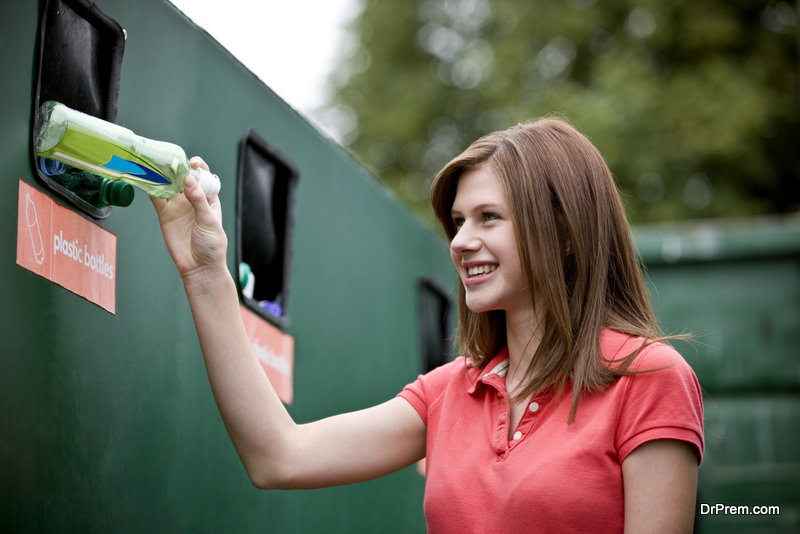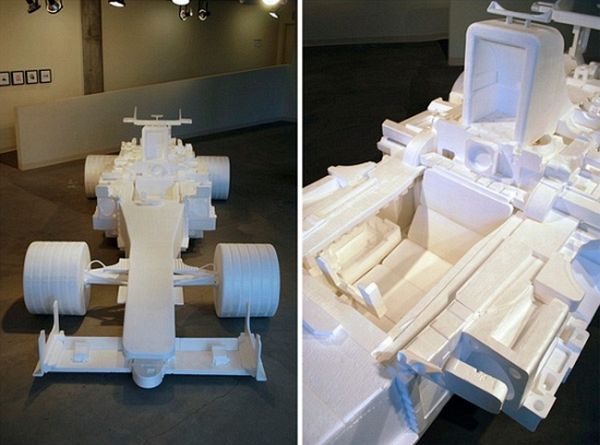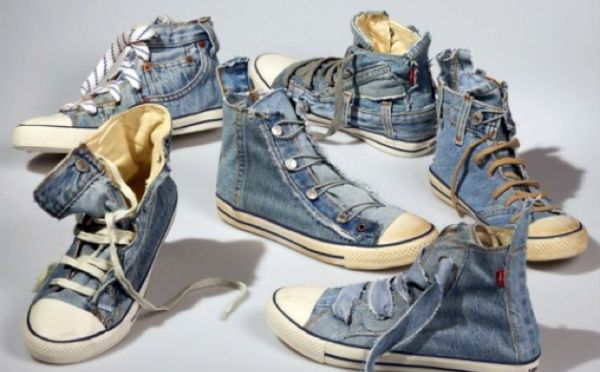Recycling industry has undergone a change in recent years. We could see advancement in product designs as well as material science. This field is increasingly laying down a global footprint and affected by many complex forces, from consumer preferences to national policies and oil prices. Most of the experts believe that recycling is an important way to reduce the amount of waste and litter and recover important materials, while conserving energy and reducing the emissions of greenhouse gases. Apart from this, there are a few more facts about recycling to be kept in mind.
Popular myths and facts about recycling
- One wrong thing could spoil the entire bin:
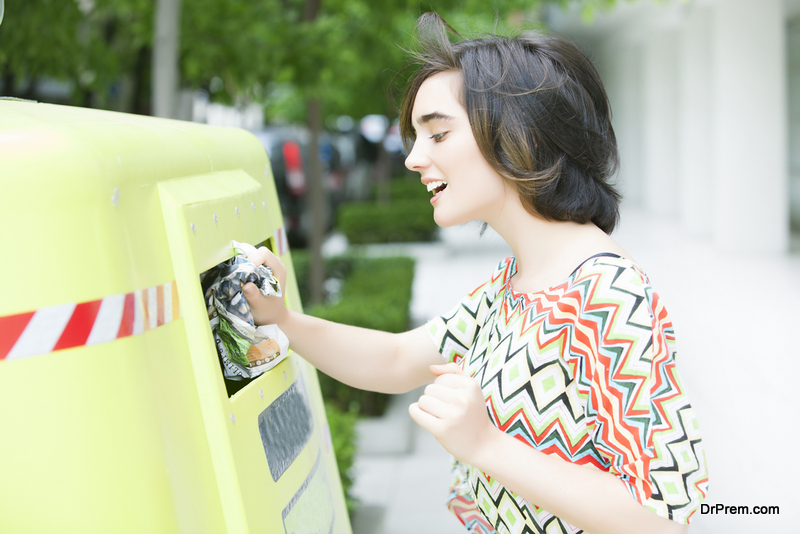 Popular myths about recycling makes you think that putting any one of the wrong item in the recycling bin could condemn the whole load into the landfill. But in reality, the local recycling authority will sort out the contents themselves at the disposal area. But one must not slack it off. You should know that putting wrong things in wrong bins can be impactful on the safety of citizens, processors as well as haulers. They could contaminate other items which are recyclable, harm any existing recyclable infrastructure and add cost to the local garbage disposal programs.
Popular myths about recycling makes you think that putting any one of the wrong item in the recycling bin could condemn the whole load into the landfill. But in reality, the local recycling authority will sort out the contents themselves at the disposal area. But one must not slack it off. You should know that putting wrong things in wrong bins can be impactful on the safety of citizens, processors as well as haulers. They could contaminate other items which are recyclable, harm any existing recyclable infrastructure and add cost to the local garbage disposal programs. - Aluminium fold is not recyclable:
Earlier local recyclers did not recycle the aluminium foils as the cooking essentials often had dried food particles on them. Now most of the aluminium foils are recyclable if they are scrunched as a ball and do not have much of the food residue on them. Consult your local recycler first or you could wash and reuse it again at home. - All plastics can be recycled:

To know if a yogurt tub or a soda bottle will get their new life, it is good to know about the content of the resin. You can see this information at the bottom of containers, where a triangle is displayed. Also you can check with your local recycling programs to see what type of plastics they accept. - Wire hangers are thrown in trash: Due to their pesky hooks and sinewy shapes, wire hangers get stuck in recycling machines and are really hazardous to recycle. But you need not to throw them out. Instead, take them to any local dry cleaner. Many of them could accept that.
- Milk cartons are non- recyclable:
 Milk cartons are made of mix materials like plastic, paperboards and sometimes aluminium as well to keep the contents stable. Though the composition of such containers make them difficult to recycle, but now many recycling authorities accept them if they are emptied and washed properly.
Milk cartons are made of mix materials like plastic, paperboards and sometimes aluminium as well to keep the contents stable. Though the composition of such containers make them difficult to recycle, but now many recycling authorities accept them if they are emptied and washed properly. - Take- out containers is thrown in trash: Most of the non- Styrofoam take- out containers can be recycled with all other plastics. Check out the symbol at the bottom to see. These containers can be washed and reused, so rather than throwing them out, just recycle them at your home only.
- Styrofoam is recyclable:
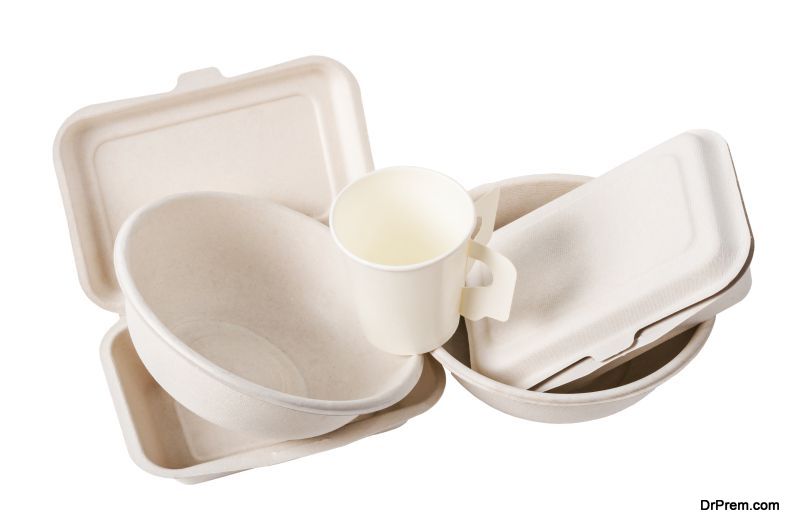
Styrofoam is a material made of expanded polystyrene foam which is not recyclable. It is mainly because of the recycling companies as they do not generate any profit by recycling such light weighted material. Also it very expensive to transport and sell. - Broken mug will go in the recycling bin: Most of us use stoneware or ceramic mugs to sip out tea or coffee. But the broken pieces of ceramic or stoneware can contaminate the entire recycling system. Such materials are not readily recyclable. Ask your local recyclers to know the best way of disposing them.
- It involves more energy in recycling than to make something new:

This is among some common misconceptions which are not really true. As per the environmental protection agency, recycling of aluminium cans can save about 95% of energy than what is needed to make a new one using raw material. Also recycling tin and steel cans can save about 60- 75% energy, recycling paper saves about 60% of energy and recycling glass and plastics can save about 1/3rd of energy. - Pizza boxes are dumped in paper bins: If the pizza box gets coated with grease and drippings, it is usually non- recyclable. However it is compostable as per your local regulations. Check about the same with your local providers.
- Products made of recycled content are of poor quality:
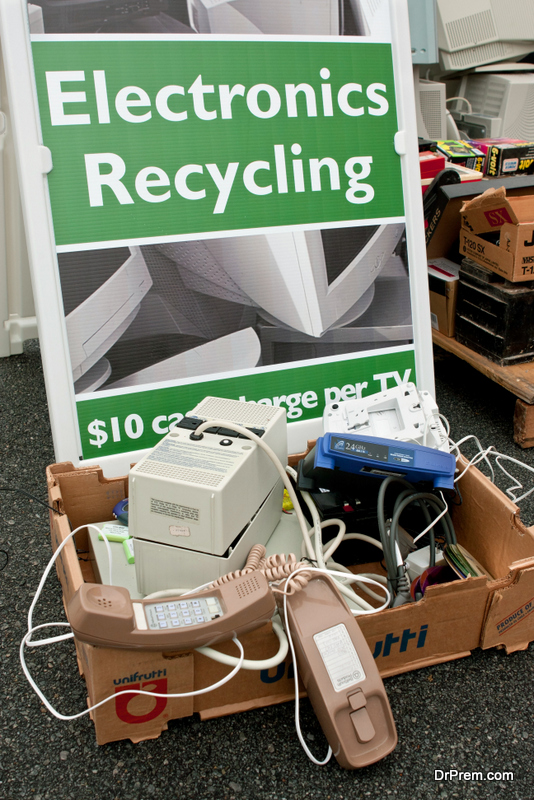
Common misconceptions include that the products made of recycled materials are often regarded as inferior. People do not buy environmental friendly products as they assume them to be of a poor quality. But now more and more companies are coming up with their goals of sustainable development. One of the facts about recycling is that they manufacture products which meet up the same quality standards and performance levels as those made out of virgin products. - Paper eating things can’t be recycled: Paper towels, paper plates and paper napkins have a bit of food left on them. So this debris can’t go in the bins along with cardboard boxes. But you can check with the other options, like many recycling programs are encouraging composting schemes. Check with the local service provider for more details.
- Products made with more than one type of materials are not recyclable:

Earlier the recycling technology was very limited which was not able to recycle complex items made of different kinds of materials. But now, with the use of wide machines, such products can be broken down into constituent materials and are easier to recycle. More number of recyclers is now able to deal with less desirable plastics made of unknown or mixed plastics as found in many household items and toys. This means a wider range of products can now be recycled. - Everything can be recycled only once:
One of the facts about recycling is that there are many common items that can be recycled more than once causing a substantial saving to natural and energy resources. Metals like aluminium can be recycled effectively many times without any loss in quality. You should know that aluminium cans have been the most demanded recycled commodity.


